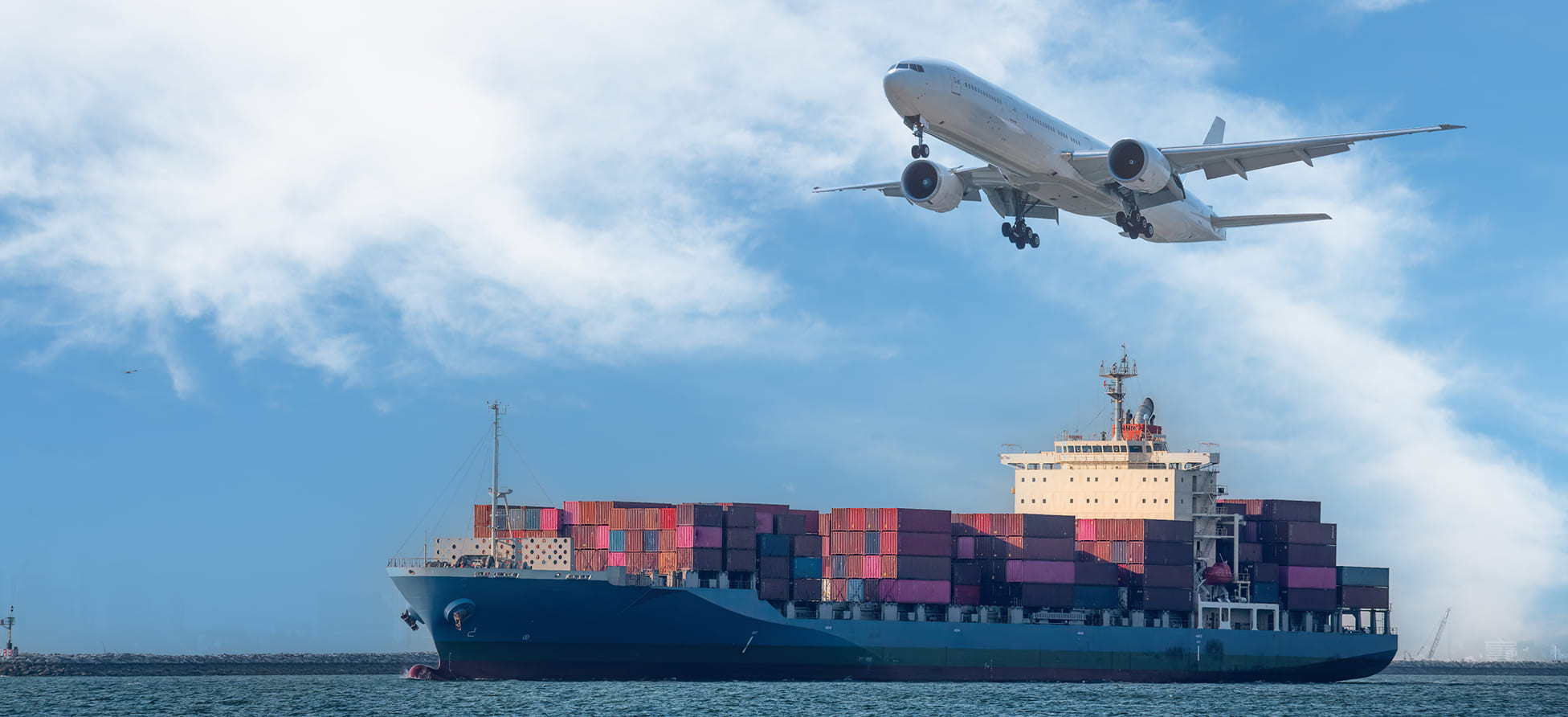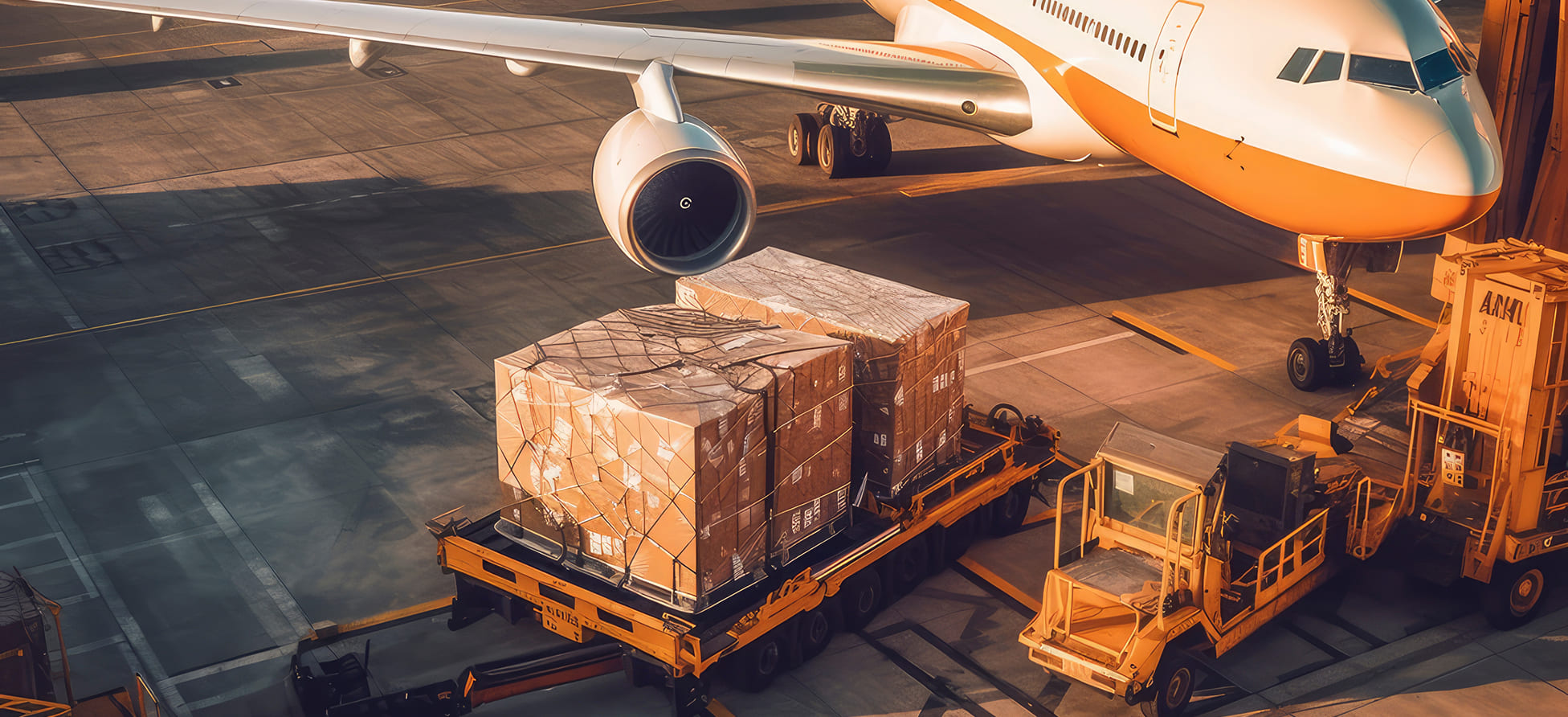The Ultimate List of Prohibited Items When Moving Overseas
Moving overseas is always trickier than it seems, especially when trying to figure out what’s allowed to bring with you. Every country has different rules and regulations that decide whether an item can be imported or not. To help you get started, we’ve created the ultimate list of prohibited items to pack when moving internationally.
Commonly Prohibited Items when Moving Overseas
These items are almost universally prohibited or strictly regulated regardless of specific national laws. Generally, they’re forbidden to protect community health, public safety, national citizens, and domestic plant and animal life. In other cases, items may be prohibited because they are against specific national interests.
The following list of common items that movers won’t move includes items that are likely prohibited when relocating overseas.
Weapons, Explosives & Inflammables
- Firearms
- Ammunition
- Fireworks
- Swords, sabers, and similar weapons
- Flick knives
- Nail varnish
- Paint
- Lighter fuel
- Matches
Drugs that are not allowed when moving overseas
- Alcohol
- Tobacco
- Narcotics
- Prescription medication*
*Depending on the origin, destination, and specific medicine, you may be able to move these with a permit and appropriate prescription. In other cases, some medications are strictly prohibited.
Liquids
- Open bottles containing liquids
- Toxic liquid substances
Pressurized Spray Cans
- Hairspray
- Shaving cream
- Antiperspirant and deodorants
- Insect repellent
- Self-defense sprays like pepper spray
Plants & Agricultural Products
- Houseplants
- Seeds
- Soil
- Sand
- Pesticides
quote
Animals & Other Living Beings that you cant take with you when moving overseas
- Clothing, shoes, or accessories made from skins and by-products of endangered species
- Any living organism for education or research unless you have a permit (generally managed by an embassy)
- Dogs may be prohibited if they’ve been in a country considered high risk for rabies in the past six months
- Turtles, snakes, lizards, bats, monkeys, African rodents, and other exotic animals may be prohibited or restricted, requiring a special permit
- Animals known to transmit diseases to humans may be prohibited or regulated
Know More Here: All about International Pet Transport
Food
- Dried and canned foods
- Anything that can harbor insects, like rice
- Wildlife meat and most other products containing meat
Poisons & Corrosives
- Batteries (due to the inner liquid)
- Bleach
- Mercury thermometers
Money
- Every country has limits for cash amounts
Automobiles
- Depending on the destination, motor vehicles may need to meet specific emission requirements
Cultural artifacts that you can’t take when moving internationally
- Certain countries prohibit the importation of cultural artifacts (sculptures, paintings, etc.) from specific pre-colonial civilizations unless you have a permit
Copyrighted material that is prohibited when moving overseas
- Books
- Physical copies of music recordings
- Physical copies of movies and similar media
Miscellaneous
- Some countries won’t allow you to leave with Persian rugs unless you can prove you own them
- Rough diamonds
- Pornographic materials (printed, DVDs, Blu-ray discs, etc.)
- Air mattresses with built-in pumps may be banned if they’re not on carry-on bags
- Bicycles may be restricted by certain airlines
Read Here: The Best Timeline to start your International Packing
Who are the Top International Moving Companies?
Here is a table of the top International Movers from the US. Ratings are based on Years in Business, Reputation, and Customer Reviews.

Before Packing: Research items that are prohibited during an overseas move
Each country has its long list of duty restrictions, from outright prohibiting and confiscating certain items without recourse to taxing or heavily regulating them. The list includes food, pets, medications, and more.
It’s always wise to check back with this list as a general rule whenever traveling or moving internationally.
You need to research which items are not permitted in your travel country. You can do this by checking in with foreign embassies and consulates in your country and by googling.
Focus on government institutions like Customs and Border Control or the national equivalents.
A few (sometimes strange) examples of specific items you can’t bring to certain countries include the following:
- In the UK, food is prohibited if it’s not for your own use, if it’s not free from pests and diseases, or if it wasn’t grown in the European Union (which is going to be the case most of the time).
- Singapore: chewing gum is prohibited, so you might as well not bring it.
- Russia, Belarus, and Kazakhstan: lacy underwear is prohibited since all underwear must be at least 6% cotton.
- Saudi Arabia: pork is prohibited for cultural reasons. Meat is almost impossible to import, so it’s likely illegal in many other places too.
Exceptions To Prohibited Items
As you plan your move with an international company, they will advise you on the type of items you can and cannot move across borders. If you have items in any of these categories, they can help you figure out the best transport method.
For example, you can get permits to transport some firearms, pets, and automobiles that would otherwise be regulated or prohibited. However, you need to file the appropriate paperwork to do so legally. An experienced moving advisor should help.
Firearms to avoid when moving overseas
Every country has different laws for allowing or prohibiting firearms. The best way to know the country’s stance on firearm importation is to call the embassy or consulate of your destination country. Depending on their regulations, you may be unable to import guns.
You’ll have to conform to their and your country’s regulations. In the US, for example, you need to file a couple of forms for all the firearms, ammunition, and even the parts you’re planning to bring with you overseas. All of this is done even before you leave the country.
Ultimately, you can still face legal problems in the destination even if you did everything right in your home country. Customs Control is only concerned with its local laws. They can’t advise you on foreign laws. Because of this, you must reach out to your destination country to learn more about the legal process of importing your firearms overseas.
Pets
Believe it or not, there are extensive restrictions regarding relocating pets overseas. However, exceptions and legal procedures can help you move across the globe with your four-legged friend. The main things you should research before moving a pet internationally are:
- Which animals the destination country considers “pets.” Certain birds and exotic animals may not be regarded as pets and must be imported with another set of rules. Or it may not be legal to import at all.
- Your pet’s recent travel history. Some countries won’t allow pets that have visited specific countries recently to avoid the spread of local diseases.
- Some countries require mandatory quarantine times for pets. So check with your veterinarian before planning their relocation.
Know More Here: 5 tips for moving overseas with animals
Most Common Mistakes When Relocating Overseas
When people start packing for their international move without the guidance of a moving advisor, they’re likely to fall for these common mistakes that could be costly.
1. Not Researching Beforehand
We can’t stress enough how important it is to properly research banned items in the country you’re moving to. It’s not only a matter of having belongings confiscated. You may sometimes suffer fines and face prosecution if you bring a highly illegal item.
In the US, for example, there are certain medications you can get with a prescription, such as Ambien, Adderall, Ritalin, OxyContin, and Vicodin. In certain American states, you can even get prescription medicinal marihuana. However, bringing any of these medications abroad may get you in serious legal trouble depending on local border control laws.
Illegal or strictly regulated items in most places, like firearms or assault rifles, could get you charged with possession and smuggling.
2. Assuming Specific Items Are Legal To Move Across Borders
This point relates to the prior one but deserves particular emphasis: just because something is legal where you live doesn’t mean it’s legal at your destination.
You must double-check everything if something seemingly harmless as chewing gum and rice is prohibited under certain circumstances. Sometimes, the health and safety reasons an item is restricted are not immediately apparent.
3. Not Properly Labeling Items
Keeping an international moving checklist and labeling all your items will give you a clear idea of what you’re packing.
Not correctly labeling items may lead to including an item you know is prohibited. Label everything and make checklists for what you’re moving to help organize the move and prevent adding items accidentally.
Tips for Avoiding Prohibited Items when moving overseas
As you get ready to pack, always do so by following your packing checklist. This list should have everything that can go either in your suitcase or shipping container with your belongings. Furthermore, to avoid packing prohibited items, remember to:
- Research local border control laws and regulations, even for harmless items.
- Label everything and make thorough checklists of everything you’re moving.
- Wash your bags thoroughly before moving, mainly if they recently contained food that sniffer dogs can smell days and weeks after.
- Clean your shoes. Hiker boots can contain traces of foreign soil, which may increase the risks of bringing invasive species into the country.
- Have copies of all documentation for any authorized items you plan on bringing.
moving quote
The Bottom Line
While it seems silly initially, bringing unauthorized items overseas can result in delays, fines, and even prosecution. It’s essential to thoroughly research laws and regulations before packing anything for your international move. Depending on the destination, even benign everyday items can be flagged as suspicious and get you in unnecessary trouble.
At International Van Lines, our expert advisors will help you draft a comprehensive packing checklist and inventory to ensure you only pack permitted items. If you have questions about what to bring when you move overseas, contact us today and ask one of our specialists for guidance. We’re here to help you every step of the way.
More about International Van Lines




